
Blue Bay: Mauritius' Coastal Gem
Blue Bay, nestled in the southeastern corner of Mauritius, is a paradise for beach lovers and underwater explorers alike. This idyllic coastal haven is renowned for its crystal-clear waters, pristine sandy shores, and vibrant marine life. Whether you're a sunbather, a snorkeler, or simply someone looking to unwind, Blue Bay offers an array of activities and experiences that cater to all tastes. The Blue Bay Marine Park is perhaps the crown jewel of this area. It is home to a stunning coral garden teeming with a diverse array of marine species. Snorkeling here is like stepping into an underwater wonderland where colorful fish dart around intricate coral formations. For those who prefer to stay dry, glass-bottom boat tours provide a window into this aquatic world without getting wet. Beyond its natural beauty, Blue Bay also offers a glimpse into the rich cultural tapestry of Mauritius. The nearby village of Mahebourg is steeped in history and charm, featuring colonial architecture, bustling markets, and friendly locals. A visit to the National History Museum in Mahebourg provides fascinating insights into the island's past, from its days as a pirate haven to its colonial history under French and British rule. For food enthusiasts, Blue Bay and its surroundings present an opportunity to savor the unique flavors of Mauritian cuisine. From fresh seafood dishes to street food delights, the culinary offerings here are sure to tantalize your taste buds. Don't miss out on trying local favorites like 'dholl puri' and 'gâteau piment'.
Local tips in Blue Bay
- Visit the Blue Bay Marine Park early in the morning to avoid crowds and experience the best underwater visibility.
- Bring reef-safe sunscreen to protect the delicate coral ecosystems while snorkeling or swimming.
- Wear comfortable walking shoes when exploring the village of Mahebourg and its markets.
- Try local Mauritian street food at the Mahebourg Market for an authentic culinary experience.
- Consider hiring a local guide for a more in-depth understanding of the area's history and culture.
Blue Bay: Mauritius' Coastal Gem
Blue Bay, nestled in the southeastern corner of Mauritius, is a paradise for beach lovers and underwater explorers alike. This idyllic coastal haven is renowned for its crystal-clear waters, pristine sandy shores, and vibrant marine life. Whether you're a sunbather, a snorkeler, or simply someone looking to unwind, Blue Bay offers an array of activities and experiences that cater to all tastes. The Blue Bay Marine Park is perhaps the crown jewel of this area. It is home to a stunning coral garden teeming with a diverse array of marine species. Snorkeling here is like stepping into an underwater wonderland where colorful fish dart around intricate coral formations. For those who prefer to stay dry, glass-bottom boat tours provide a window into this aquatic world without getting wet. Beyond its natural beauty, Blue Bay also offers a glimpse into the rich cultural tapestry of Mauritius. The nearby village of Mahebourg is steeped in history and charm, featuring colonial architecture, bustling markets, and friendly locals. A visit to the National History Museum in Mahebourg provides fascinating insights into the island's past, from its days as a pirate haven to its colonial history under French and British rule. For food enthusiasts, Blue Bay and its surroundings present an opportunity to savor the unique flavors of Mauritian cuisine. From fresh seafood dishes to street food delights, the culinary offerings here are sure to tantalize your taste buds. Don't miss out on trying local favorites like 'dholl puri' and 'gâteau piment'.
When is the best time to go to Blue Bay?
Iconic landmarks you can’t miss
Shandrani Beachcomber Resort & Spa
Discover tranquility and adventure at Shandrani Beachcomber Resort & Spa in Mauritius, a luxurious getaway with stunning beaches and exceptional amenities.

Citadelle (Fort Adelaide)
Discover the historic Citadelle in Port Louis, a fortress offering stunning views and rich cultural heritage in the heart of Mauritius.
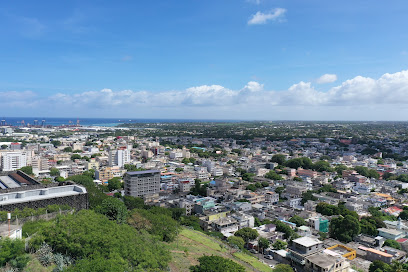
Château de Labourdonnais
Discover the rich history and beauty of Château de Labourdonnais, a premier tourist attraction in Mauritius, surrounded by stunning gardens and heritage.
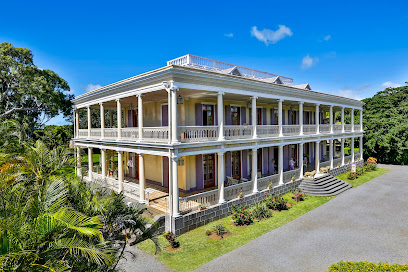
Mahébourg Waterfront
Explore the stunning Mahébourg Waterfront - a blend of history, culture, and natural beauty in Mauritius, perfect for all travelers.
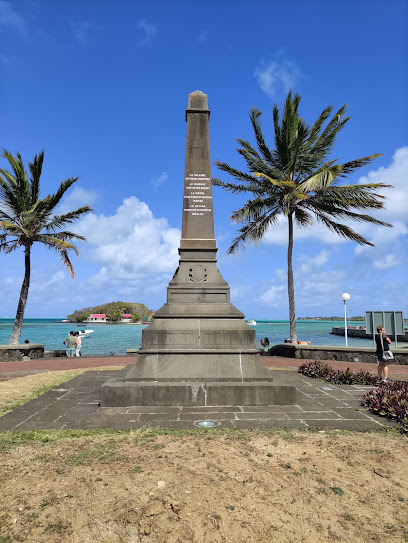
Blue Bay Marine Park
Explore the stunning Blue Bay Marine Park in Mauritius, a paradise for snorkeling, diving, and enjoying breathtaking natural beauty.
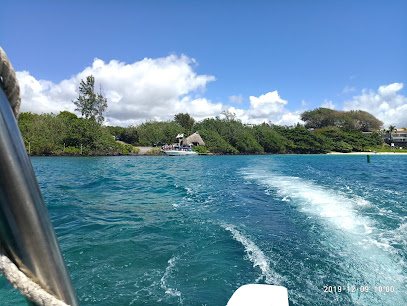
Captain Matthew Flinders Monument
Explore the Captain Matthew Flinders Monument, a historical landmark celebrating maritime exploration and offering stunning views in a serene setting.
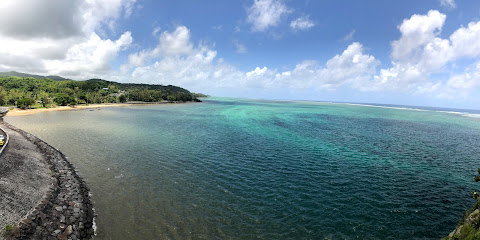
GRSE Waterfall
Explore the natural beauty of GRSE Waterfall in Grand River South East, a stunning waterfall surrounded by lush greenery and perfect for adventure seekers.
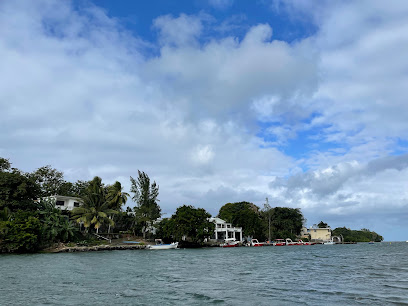
Les Jardins De La Compagnie
Discover the tranquil beauty of Les Jardins De La Compagnie, a stunning garden in Port Louis, Mauritius, perfect for leisurely strolls and cultural experiences.
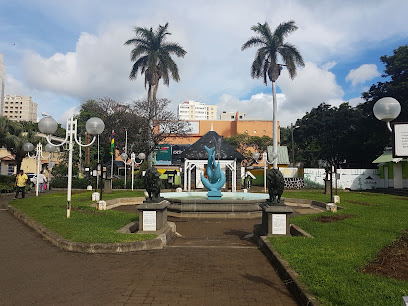
Ebony Forest Reserve Chamarel
Immerse yourself in the natural beauty of Ebony Forest Reserve Chamarel, a top ecological park in Mauritius, perfect for hiking and wildlife enthusiasts.
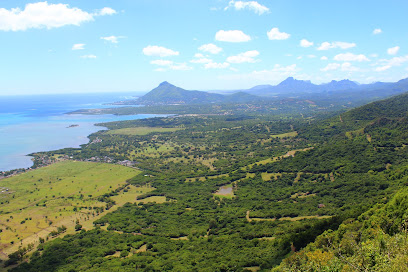
Aapravasi Ghat World Heritage Site
Explore Aapravasi Ghat, a UNESCO World Heritage Site, and discover the rich history of Mauritius' indentured labor and cultural heritage.
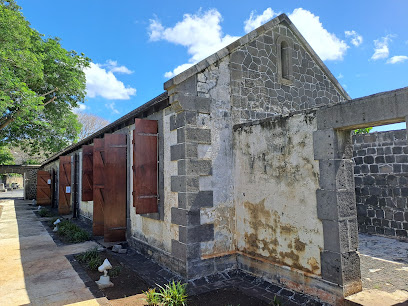
Le Peninsula Bay Beach Resort & Spa
Discover luxury and tranquility at Le Peninsula Bay Beach Resort & Spa, a premier beachside retreat in the heart of Mauritius.

Anantara Iko Mauritius Resort & Villas
Experience unparalleled luxury at Anantara Iko Mauritius Resort & Villas, a tropical paradise nestled by Blue Bay Marine Park, perfect for relaxation and adventure.

Monument Commemorating Abolition Of Slavery
Discover the Monument Commemorating Abolition of Slavery in Mahebourg, a historical landmark symbolizing freedom and resilience in Mauritius.
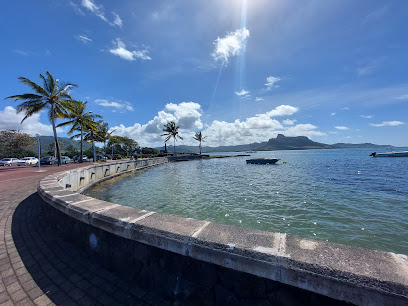
St Louis Cathedral
Discover the architectural beauty and spiritual significance of St. Louis Cathedral in the heart of Port Louis, Mauritius, a must-visit cultural landmark.
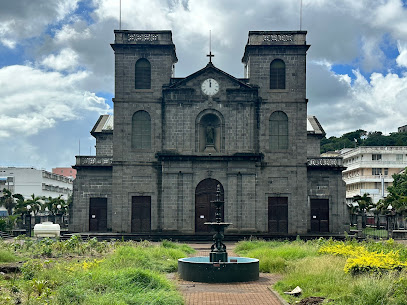
Pointe du Diable
Discover the historical allure and breathtaking coastal views of Pointe du Diable, a must-see destination in Mauritius for every traveler.
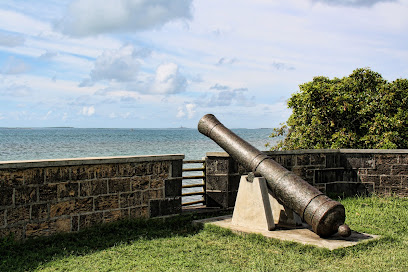
Unmissable attractions to see
Chamarel Seven Colored Earth Geopark
Experience the stunning seven colors of earth at Chamarel Seven Colored Earth Geopark, a natural wonder in Mauritius offering breathtaking views and unique landscapes.
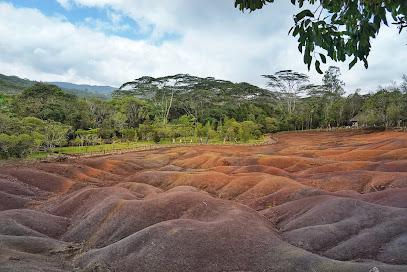
La Vallée Des Couleurs Nature Park
Explore La Vallée Des Couleurs Nature Park, Mauritius - a vibrant blend of adventure sports, breathtaking landscapes, and unique geological wonders.

Chamarel Waterfall
Experience the enchanting beauty of Chamarel Waterfall, a natural marvel nestled in Mauritius, perfect for nature lovers and photographers.
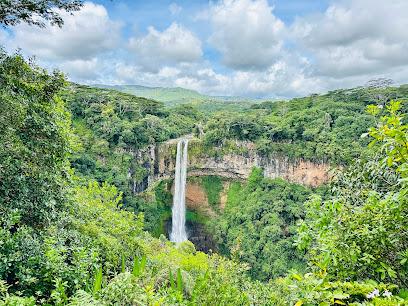
La Vanille Nature Park
Discover La Vanille Nature Park, a paradise of exotic wildlife and lush landscapes in Mauritius, perfect for nature lovers and families.

Black River Gorges National Park
Discover the breathtaking beauty and rich biodiversity of Black River Gorges National Park, a top tourist attraction in Mauritius, perfect for nature lovers and adventure seekers.
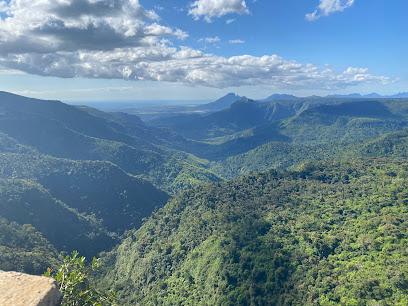
Gris Gris Beach
Experience the stunning cliffs and serene atmosphere of Gris Gris Beach, a hidden gem in Souillac, Mauritius, perfect for relaxation and exploration.
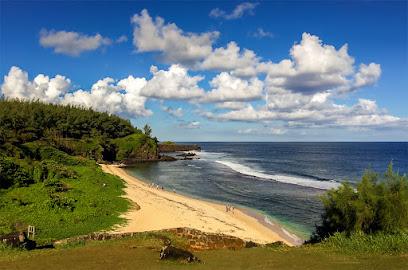
Curious Chamarel
Explore the vibrant landscapes and rich culture of Curious Chamarel, a breathtaking tourist destination in Mauritius, famous for its unique geological wonders.
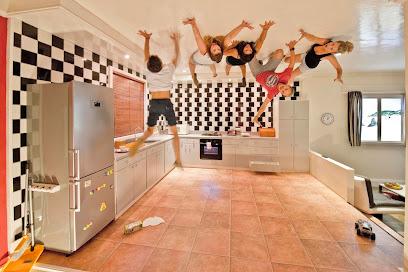
Le Morne Public Beach
Experience the stunning beauty and rich history of Le Morne Public Beach, a must-visit destination in Mauritius for sun seekers and adventure lovers.
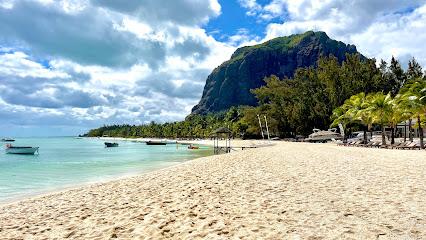
Grand Bassin
Discover the spiritual serenity and breathtaking beauty of Grand Bassin, a sacred lake in the heart of Mauritius, surrounded by lush landscapes.
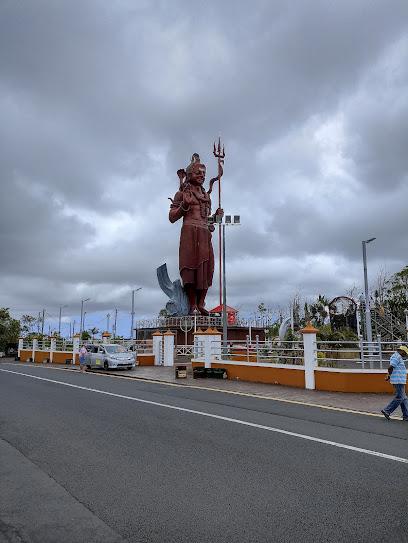
Bois Cheri Tea Factory
Experience the lush beauty and rich flavors of Mauritius at the historic Bois Cheri Tea Factory, where tea comes to life.
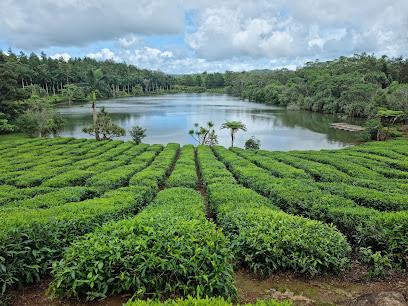
Mahébourg Waterfront
Experience the breathtaking beauty and rich history of Mahébourg Waterfront in Mauritius, a serene escape that offers culture, cuisine, and stunning views.
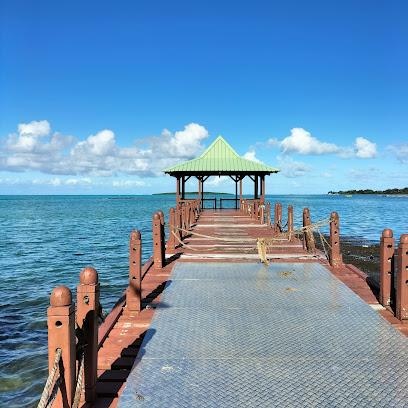
Rochester Falls
Discover the breathtaking beauty of Rochester Falls, a must-visit natural attraction in Mauritius, perfect for nature lovers and adventure seekers.
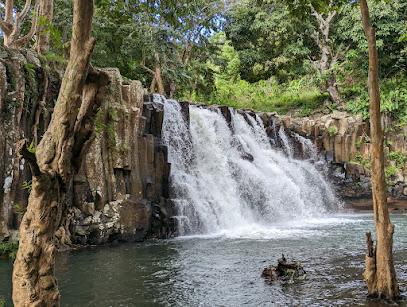
Blue Bay Marine Park
Discover the vibrant underwater world and serene beaches of Blue Bay Marine Park, a top nature preserve in Mauritius perfect for adventure and relaxation.
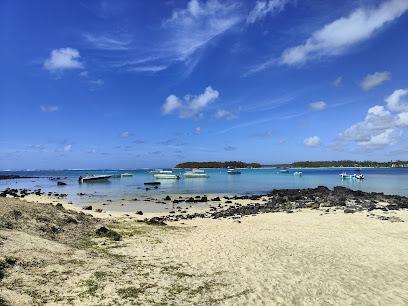
Pont Naturel
Experience the enchanting beauty of Pont Naturel, a stunning natural arch in Mauritius that promises breathtaking views and unforgettable moments.
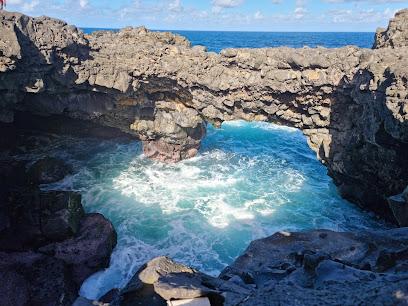
Maconde Viewpoint
Experience the stunning coastal views and natural beauty at Maconde Viewpoint, a must-visit attraction in Mauritius for every traveler.
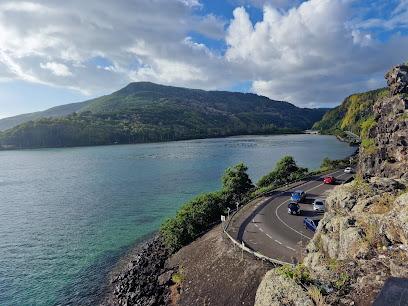
Essential places to dine
Le Bougainville Restaurant
Experience exquisite European and seafood cuisine at Le Bougainville Restaurant in Flic en Flac, where stunning ocean views enhance your dining adventure.
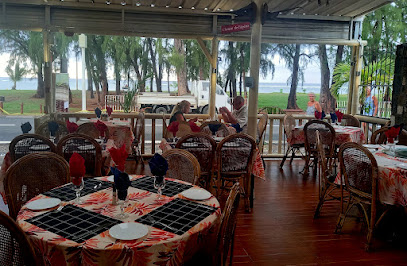
Blue Bamboo
Discover culinary delights at Blue Bamboo Restaurant in beautiful Blue Bay – where local flavors meet stunning coastal views.
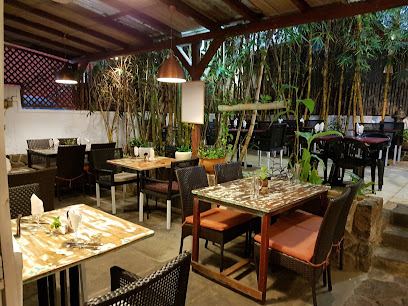
Coin Casse Croute
Experience authentic Mauritian flavors at Coin Casse Croute in Mahebourg - A culinary delight awaits you!
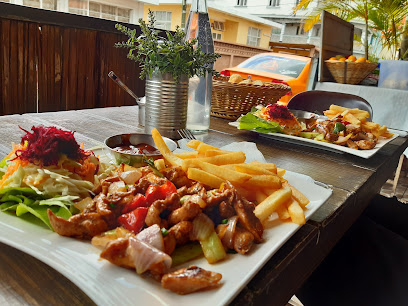
Domaine des Aubineaux / Les Aubineaux Restaurant
Discover the fusion of culinary delights and Mauritian heritage at Domaine des Aubineaux - an unforgettable dining experience amidst lush gardens.
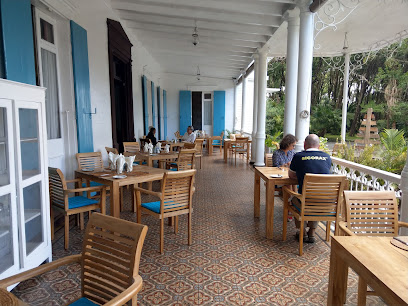
Saveurs de Shin
Experience authentic Chinese flavors at Saveurs de Shin in Mahebourg - a culinary delight not to be missed.
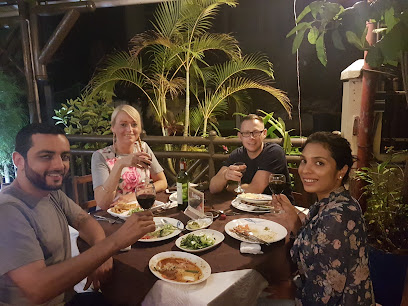
Ferney Falaise Rouge Restaurant
Discover La Falaise Rouge: A Creole culinary haven in Ferney offering authentic flavors and stunning views in a charming atmosphere.
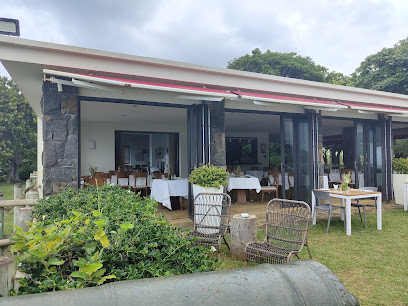
Le Bazilic
Experience authentic Mauritian flavors at Le Bazilic in Mahebourg—where every dish tells a story of culinary tradition.
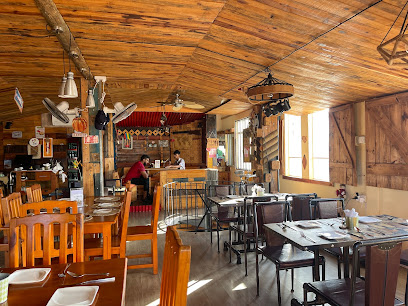
Restaurant du Lac
Experience exquisite Mauritian cuisine with breathtaking views at Restaurant du Lac in Mahebourg.
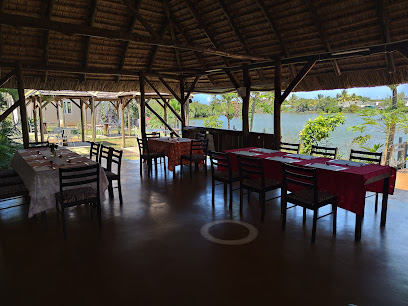
Les Copains d'Abord
Discover delightful local flavors at Les Copains d'Abord in Mahebourg - a culinary haven for food lovers seeking authenticity.
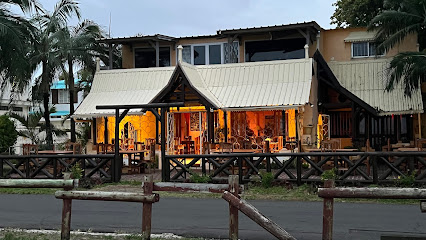
Esco_Burger
Discover Esco Burger in Blue Bay – where delicious burgers meet stunning coastal views for an unforgettable dining experience.
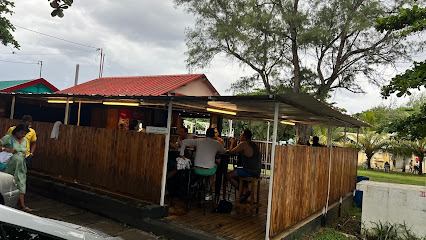
Chez Patrick Resto
Experience authentic Mauritian seafood at Chez Patrick Resto in Mahebourg - where fresh ingredients meet local culinary traditions.
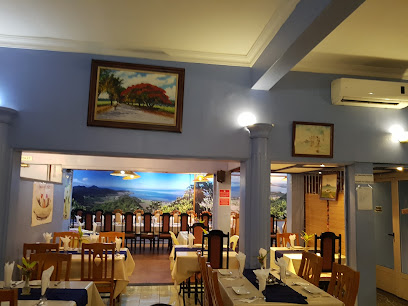
Chez François
Discover authentic Mauritian flavors at Chez François in Mahebourg - A must-visit restaurant for food enthusiasts seeking local cuisine.
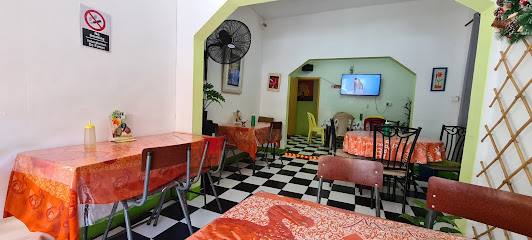
Restaurant Le Bougainville
Experience authentic Mauritian cuisine with stunning coastal views at Restaurant Le Bougainville in Blue Bay.
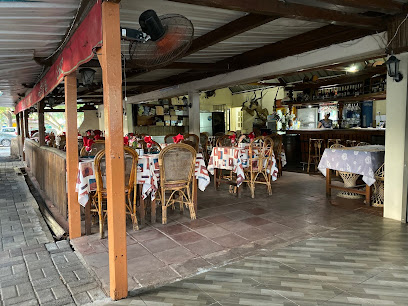
Le Jardin de Beau Vallon
Discover exquisite Mauritian cuisine at Le Jardin de Beau Vallon - a picturesque restaurant and hotel in beautiful Mahebourg.
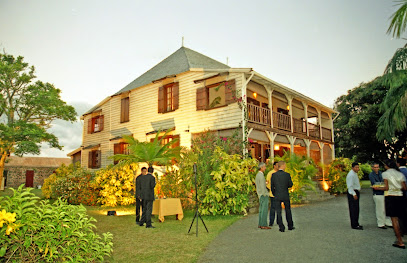
La Vielle Rouge
Experience authentic Mauritian cuisine at La Vielle Rouge in Mahebourg – a must-visit restaurant for food lovers exploring Mauritius.
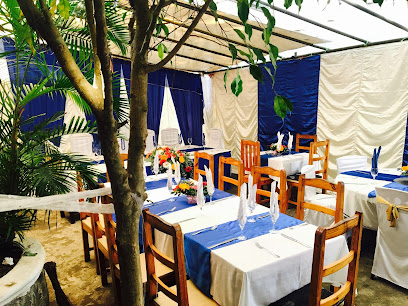
Markets, malls and hidden boutiques
Bo'Valon Mall
Discover a vibrant shopping experience at Bo'Valon Mall in Mahebourg, featuring diverse brands, dining options, and a lively atmosphere perfect for tourists.
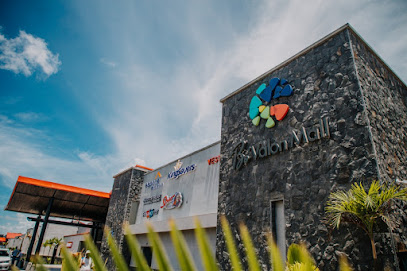
King Savers Hyper
Explore King Savers Hyper in Beau Vallon for a unique shopping experience, offering a blend of local flavors and global products.
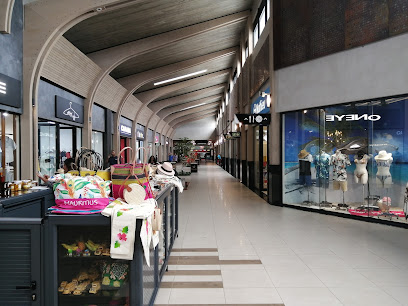
London Way
Discover a blend of local flavors and international products at London Way, the premier supermarket in Mahebourg.
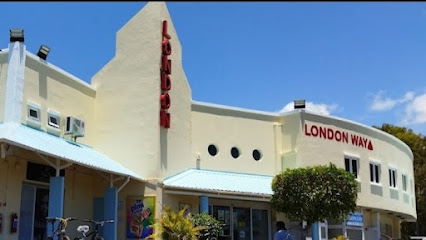
Yves Rocher
Discover natural beauty and rejuvenating treatments at Yves Rocher, the leading beauty supply store in Mahebourg.
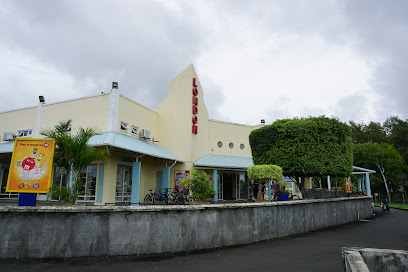
Blue Bay Superette
Explore the vibrant Blue Bay Superette for fresh local produce and Mauritian delicacies, a perfect stop for all your grocery needs in paradise.
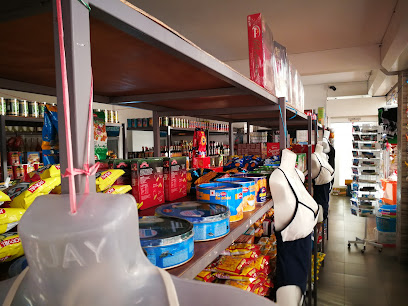
Naked Foods
Discover Naked Foods in Blue Bay, a cozy coffee shop serving exquisite brews and delicious snacks, perfect for a relaxing break during your travels.
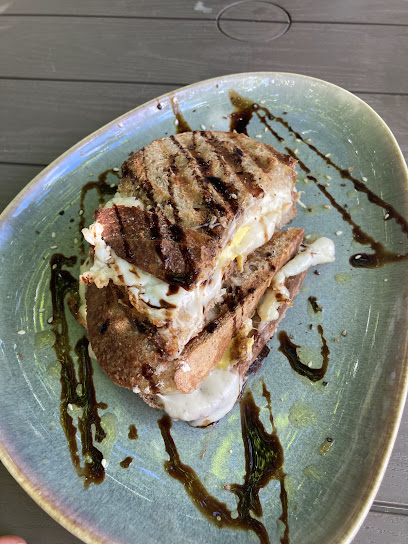
Niraj Mobile Shop Plaisance Shopping Village
Explore Niraj Mobile Shop in Plaisance Shopping Village for top-quality mobile phones, accessories, and exceptional repair services in Mauritius.
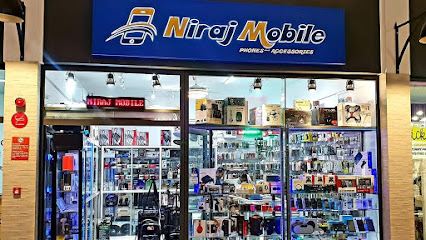
Dream Price Supermarket_Beau Vallon
Explore the vibrant Dream Price Supermarket in Beau Vallon for unique local products and a memorable shopping experience in Mauritius.
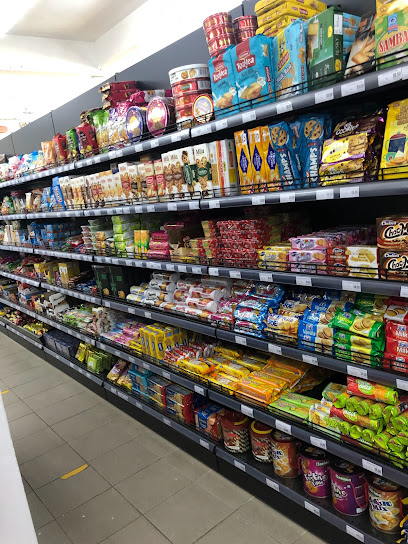
SOUVENIR BOUTIQUE
Discover the essence of Mauritius at the Souvenir Boutique in Mahebourg, where unique crafts and local treasures await every traveler.
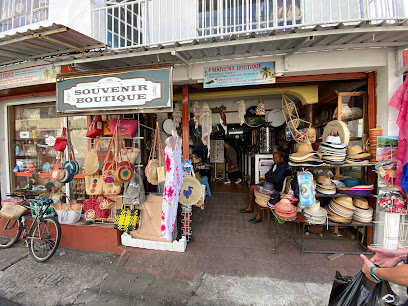
Sweet Corner
Explore Sweet Corner, a charming boutique in Mahebourg, offering unique local crafts and a taste of Mauritian culture.
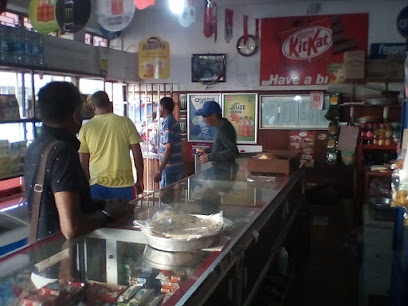
Food Quest
Discover the flavors of Mauritius at Food Quest, a cozy café in Blue Bay offering delightful local cuisine and refreshing beverages.
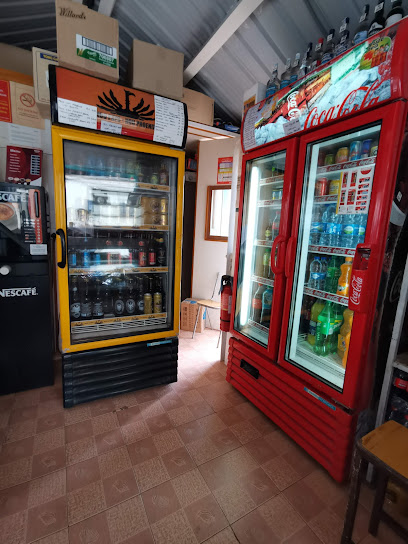
Elshadaii Shop
Explore the vibrant flavors of Mauritius at Elshadaii Shop in Mahebourg, the perfect spot for fresh produce and local specialties.
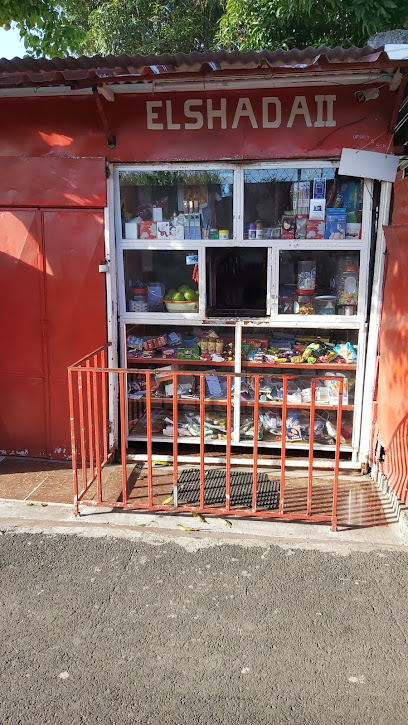
Constance Maquettes de Bateaux
Explore the exquisite craftsmanship of model boats at Constance Maquettes de Bateaux in Mahebourg, a must-visit for nautical enthusiasts.
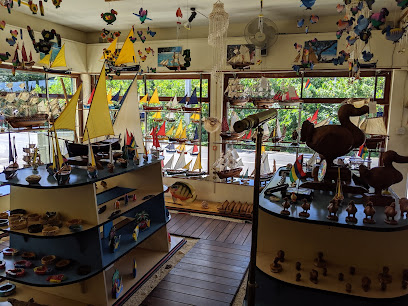
Goubutt Surf & Kite
Discover the ultimate surfing and kitesurfing experience at Goubutt Surf & Kite, where adventure meets the stunning shores of Blue Bay.
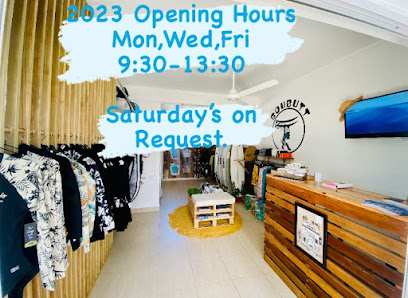
Boho-Chic
Explore unique fashion at Boho-Chic in Mahebourg, where vibrant styles meet local craftsmanship for a memorable shopping experience.
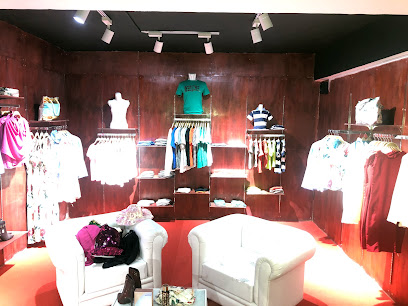
Essential bars & hidden hideouts
Blue Bamboo
Experience the vibrant flavors and lively atmosphere of Blue Bamboo, a top restaurant in Blue Bay, Mauritius, known for its exceptional local cuisine.
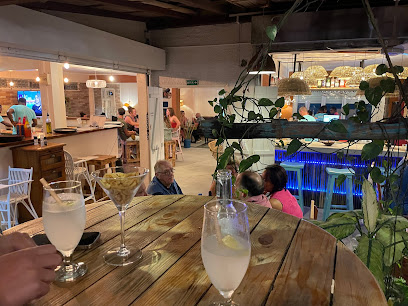
Le Bazilic
Experience the vibrant culinary scene of Mauritius at Le Bazilic, where local flavors meet a warm atmosphere, perfect for all visitors.
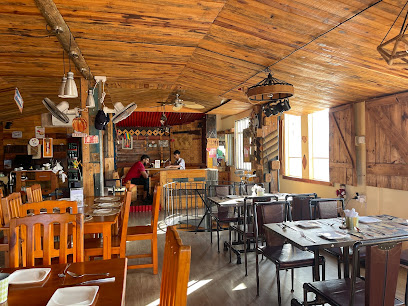
Restaurant du Lac
Discover the taste of Mauritius at Restaurant du Lac, where fresh seafood meets stunning coastal views in a warm and inviting atmosphere.
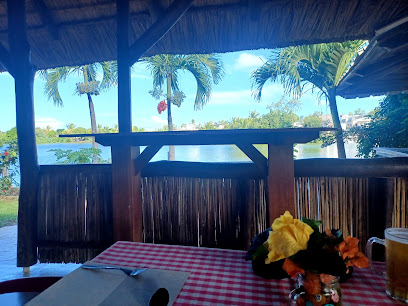
Esco_Burger
Discover Esco Burger, where mouthwatering burgers, fresh seafood, and a vibrant atmosphere combine for an unforgettable dining experience in Blue Bay.
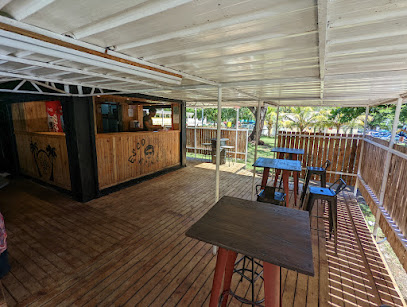
Restaurant Le Bougainville
Experience exquisite Mauritian cuisine with breathtaking coastal views at Restaurant Le Bougainville in Blue Bay.
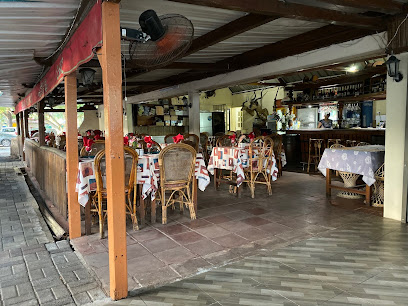
Karay Mario
Experience the vibrant flavors of Mauritius at Karay Mario, a top restaurant in Mahebourg offering authentic local cuisine.
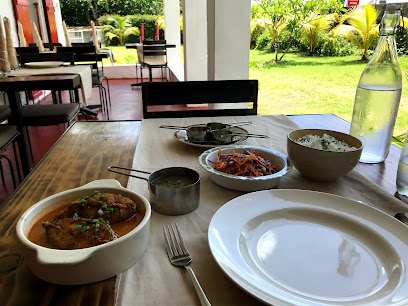
The Spot Café
Experience the best brunch at The Spot Café in Pointe d'Esny, where culinary delights meet stunning coastal views.
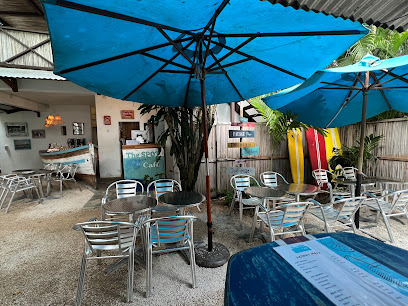
La Belle Creole Restaurant
Discover the authentic flavors of Creole cuisine at La Belle Creole Restaurant, a culinary gem in Mahebourg, Mauritius.
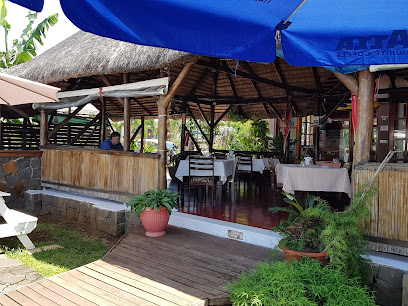
Restaurant Dragon De Chine
Experience the authentic taste of China at Restaurant Dragon De Chine in Mahebourg, where every dish tells a story of culinary artistry.
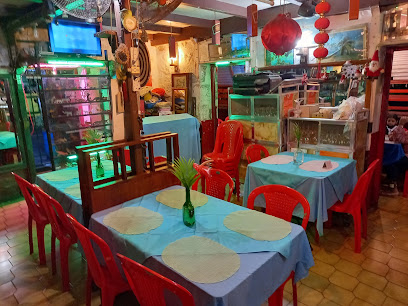
Blue Bay Snack - Blue Bay Tuck Shop
Savor the vibrant flavors of Mauritius at Blue Bay Snack, where every dish tells a story of local culture and culinary expertise.
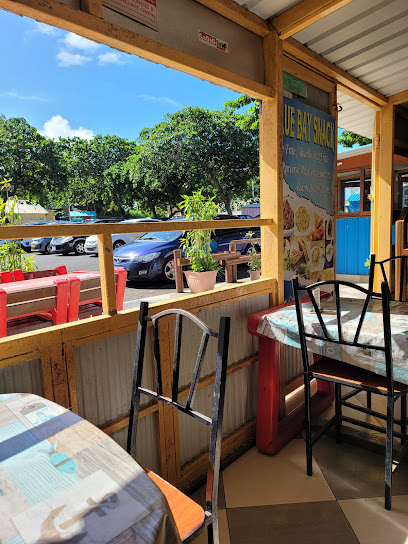
Ti Kaz Kreol
Experience the authentic flavors of Creole cuisine at Ti Kaz Kreol, a culinary treasure in Mahebourg, Mauritius.
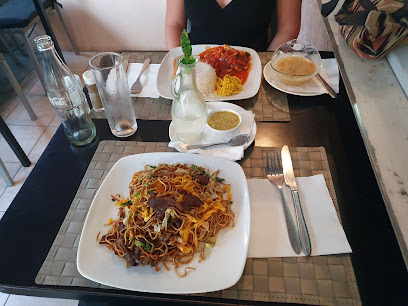
Take Off Bar
Discover the vibrant flavors of Mauritius at Take Off Bar in Plaine Magnien, your go-to spot for delightful dining at the airport.
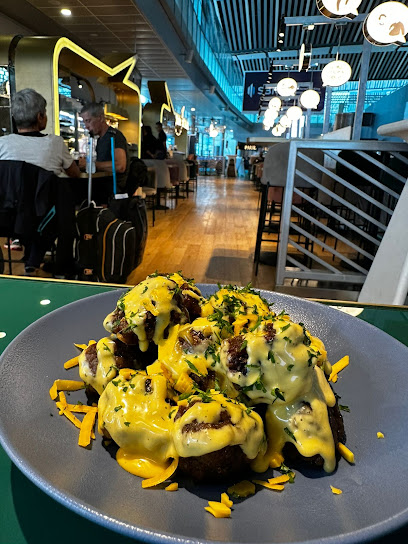
KAROKAN BAR
Experience the vibrant local culture at Karokan Bar, a must-visit destination in Plaine Magnien for delicious drinks and a friendly atmosphere.
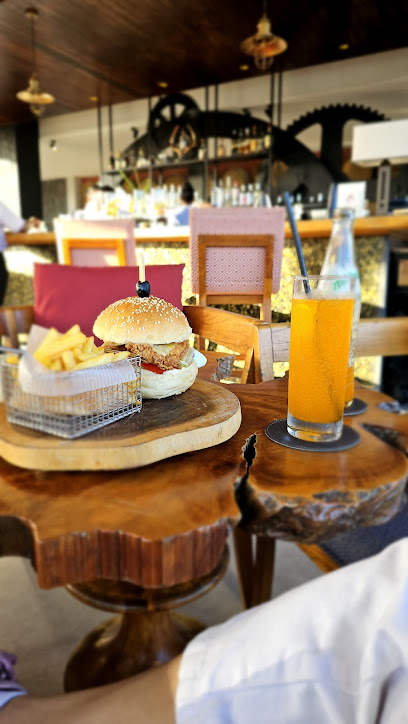
Blue bar
Discover the vibrant atmosphere and stunning views at Blue Bar in Bel Ombre, Mauritius, the perfect spot for cocktails and relaxation.
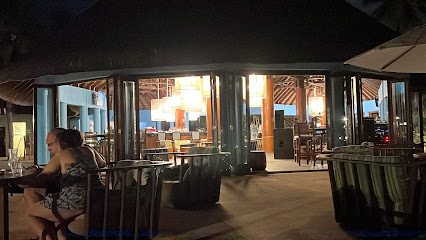
Local Phrases
-
- HelloBonjour
[Bon-zhoor] - GoodbyeAurevoir
[Ohr-vwah] - YesWi
[Wee] - NoNon
[Non] - Please/You're welcomeSi ou plait/De ri1
[See oo play/Day ree] - Thank youMerci
[Mehr-see] - Excuse me/SorryPardon
[Par-dohn] - How are you?Kouma ou ete?
[Koo-ma oo ay-tay] - Fine. And you?Bien. E ou?
[Byen. Ay oo?] - Do you speak English?Eski ou parrle anglais?
[Ess-kee oo par-lay ahn-glay] - I don't understandMo pa comprend
[Moh pah com-prahn]
- HelloBonjour
-
- I'd like to see the menu, pleaseMo ena zet menu, si ou plait
[Moh ay-nah zayt meh-nyoo, see oo play] - I don't eat meatMo pa mange la viand
[Moh pah mahnj la vee-ahn] - Cheers!Sante!
[San-tay] - I would like to pay, pleaseMo ena peye, si ou plait
[Moh ay-nah pay-yay, see oo play]
- I'd like to see the menu, pleaseMo ena zet menu, si ou plait
-
- Help!Aide!
[Eed] - Go away!Al ler!
[Al lay] - Call the Police!Apel la police!
[Ah-pel lah po-lees] - Call a doctor!Apel en medsen!
[Ah-pel ahn med-suhn] - I'm lostMo perdi
[Moh pair-dee] - I'm illMo malad
[Moh mah-lahd]
- Help!Aide!
-
- I'd like to buy...Mo ena acheter...
[Moh ay-nah ah-shey-tay...] - I'm just lookingMo pe guette selman
[Moh pay get sel-mahn] - How much is it?Kombien sa coute?
[Kom-byen sah koot] - That's too expensiveSa trop cher
[Sah troh shay] - Can you lower the price?Eski ou kapav baisse pri?
[Ess-kee oo kah-pahv bay-say pree]
- I'd like to buy...Mo ena acheter...
-
- What time is it?Ki ler li ete?
[Kee layr lee ay-tay] - It's one o'clockLi ena enn ler
[Lee ay-nah enn layr] - Half past (10)Mwa ler dis
[Mwah layr dees] - MorningMatin
[Mah-tahn] - AfternoonApre-midi
[Ah-pray-mee-dee] - EveningSoir
[Swahr] - YesterdayYer
[Yehr] - TodayZordi
[Zor-dee] - TomorrowDemain
[Day-mahn] - 11
[1] - 22
[2] - 33
[3] - 44
[4] - 55
[5] - 66
[6] - 77
[7] - 88
[8] - 99
[9] - 1010
[10]
- What time is it?Ki ler li ete?
-
- Where's a/the...?Ki kote li situe...?
[Kee koh-tay lee see-too-ay] - What's the address?Ki lor la adres?
[Kee lor lah ah-dres] - Can you show me (on the map)?Eski ou kapav montre mwa (sur lap)
[Ess-kee oo kah-pahv mohn-tray mwah (soor lap)] - When's the next (bus)?Ki letan prochen (bis)?
[Kee lay-tahn proh-shen (bees)] - A ticket (to ....)Yn billet (vers ....)
[Ehn bee-yay (vair ....)]
- Where's a/the...?Ki kote li situe...?
History of Blue Bay
-
Blue Bay, located on the southeastern coast of Mauritius, was first encountered by European explorers during the Age of Discovery. The Portuguese arrived in the early 16th century, but it was the Dutch who established the first colony on the island in 1638. Blue Bay served as a crucial point for the Dutch, who named the island Mauritius after Prince Maurice of Nassau. The bay offered natural protection and resources, making it an important site for early colonial settlements.
-
In 1715, the French took control of Mauritius, renaming it 'Île de France.' Blue Bay became a popular spot for French settlers, who were attracted by its serene waters and lush surroundings. The bay was used as a strategic naval point and a place of relaxation for the French elite. The French influence is still visible today in the architecture and culture of the area, including the nearby village of Mahébourg, which was named after the French governor Mahé de La Bourdonnais.
-
The British seized Mauritius from the French in 1810 during the Napoleonic Wars. Blue Bay continued to serve as an important maritime location, particularly for the British Navy. The bay's clear waters and coral reefs were mapped extensively, contributing to nautical charts used by British explorers and traders. The British era also saw the development of infrastructure and the introduction of new crops, which transformed the island's economy.
-
Mauritius gained independence from British rule in 1968. Since then, Blue Bay has evolved into a major tourist destination, known for its stunning Marine Park and biodiversity. The Blue Bay Marine Park, established in 1997, protects the rich marine life and coral reefs, making it a popular spot for snorkeling and diving. The area's history of colonial influence and natural beauty has made it a unique blend of cultural heritage and modern tourism.
-
In recent years, Blue Bay has become a focal point for conservation efforts. Local and international organizations have collaborated to preserve the bay's delicate marine ecosystem. The Marine Park offers guided tours and educational programs to raise awareness about environmental protection. These efforts not only aim to conserve the natural beauty of Blue Bay but also promote sustainable tourism, ensuring that future generations can enjoy this historical and ecological treasure.
Blue Bay Essentials
-
Blue Bay is located in the southeast part of Mauritius. The nearest international airport is Sir Seewoosagur Ramgoolam International Airport (MRU), which is about 10 kilometers away. From the airport, you can take a taxi, a rental car, or a shuttle service to reach Blue Bay. The journey typically takes around 15 to 20 minutes by road.
-
Blue Bay is a small area, and many of its attractions are within walking distance. For farther destinations, taxis and rental cars are readily available. Public buses also operate in the area, connecting Blue Bay with other parts of Mauritius. Renting a scooter is another popular option for getting around, providing more flexibility and a sense of adventure.
-
The official currency in Mauritius is the Mauritian Rupee (MUR). Credit and debit cards are widely accepted in hotels, restaurants, and larger shops. However, it is advisable to carry some cash for smaller establishments and local markets. ATMs are available in Blue Bay and nearby areas.
-
Blue Bay is generally a safe destination for tourists. However, like any travel destination, it is advisable to take standard precautions. Avoid walking alone at night in unfamiliar areas and keep an eye on your belongings, especially in crowded places. While Blue Bay itself is safe, some areas in nearby towns may have higher crime rates, so always stay vigilant.
-
In case of an emergency, dial 999 for immediate assistance. The nearest police station and medical facilities are located in Mahébourg, approximately 7 kilometers from Blue Bay. It is recommended to have travel insurance that covers medical emergencies. There are also pharmacies in the area where you can purchase over-the-counter medications.
-
Fashion: Do dress modestly, especially when visiting religious sites. Avoid wearing very revealing clothing. Religion: Do respect local customs and traditions. Remove your shoes before entering religious buildings. Public Transport: Do be courteous and give up your seat to elderly passengers. Don’t eat or drink on public transport. Greetings: Do greet people with a handshake. A friendly smile and eye contact are also appreciated. Eating & Drinking: Do try local delicacies and accept food offerings graciously. Don’t refuse hospitality, as it could be considered impolite.
-
To experience Blue Bay like a local, visit the public beach early in the morning when it's less crowded. Engage with local fishermen who are often willing to share stories about their daily lives. Don’t miss the opportunity to try freshly caught seafood at local restaurants. Explore the Blue Bay Marine Park by taking a glass-bottom boat tour to see the vibrant marine life. Finally, the Mahébourg Market, held every Monday, offers a unique shopping experience with local crafts, spices, and fresh produce.
Trending Landmark in Blue Bay
-
Shandrani Beachcomber Resort & Spa
-
Citadelle (Fort Adelaide)
-
Château de Labourdonnais
-
Mahébourg Waterfront
-
Blue Bay Marine Park
-
Captain Matthew Flinders Monument
-
GRSE Waterfall
-
Les Jardins De La Compagnie
-
Ebony Forest Reserve Chamarel
-
Aapravasi Ghat World Heritage Site
-
Le Peninsula Bay Beach Resort & Spa
-
Anantara Iko Mauritius Resort & Villas
-
Monument Commemorating Abolition Of Slavery
-
St Louis Cathedral
-
Pointe du Diable
Nearby Cities to Blue Bay
-
Things To Do in Mahebourg
-
Things To Do in Belle Mare
-
Things To Do in Bel Ombre
-
Things To Do in Poste de Flacq
-
Things To Do in Chamarel
-
Things To Do in Tamarin
-
Things To Do in Port Louis
-
Things To Do in Riviere du Rempart
-
Things To Do in Pamplemousses
-
Things To Do in Flic en Flac
-
Things To Do in Le Morne
-
Things To Do in Pointe aux Piments
-
Things To Do in Trou aux Biches
-
Things To Do in Grand Gaube
-
Things To Do in Grand Baie







